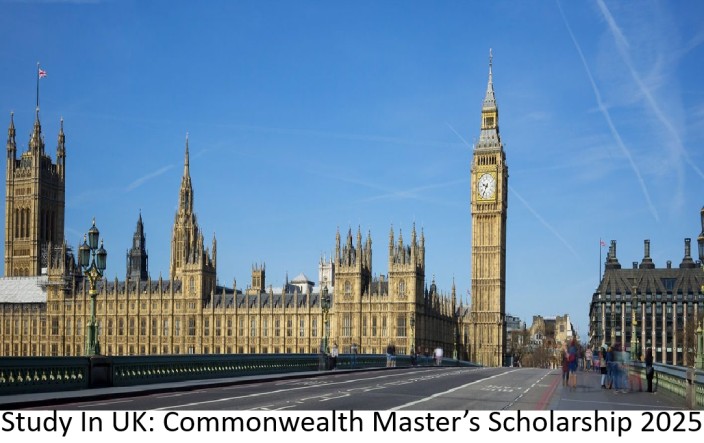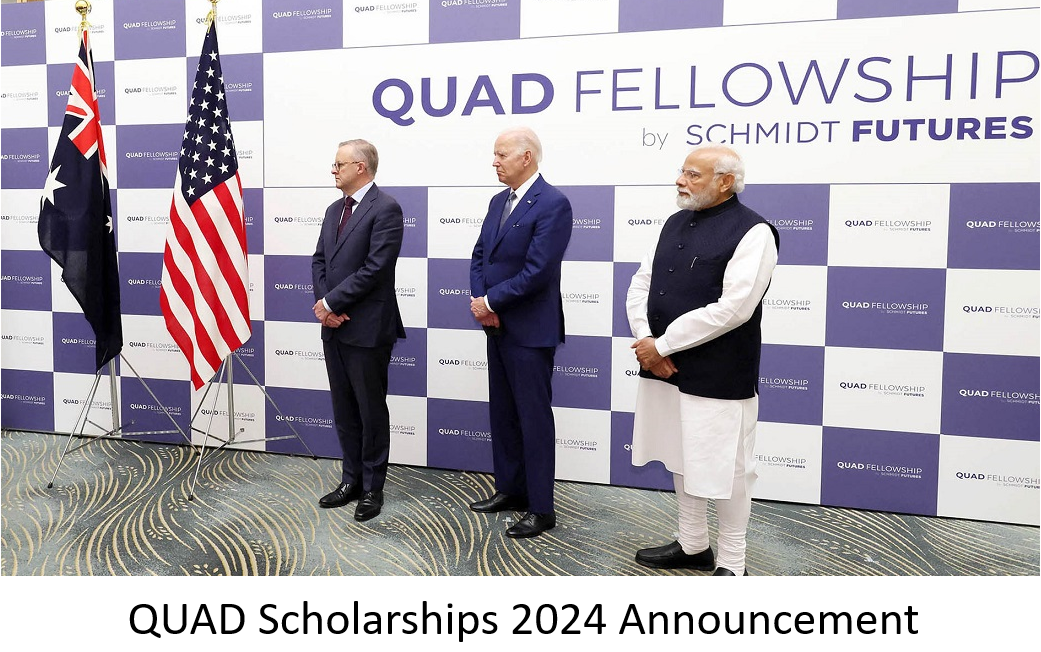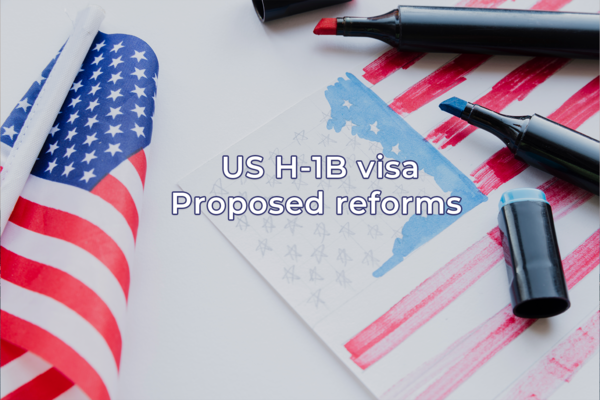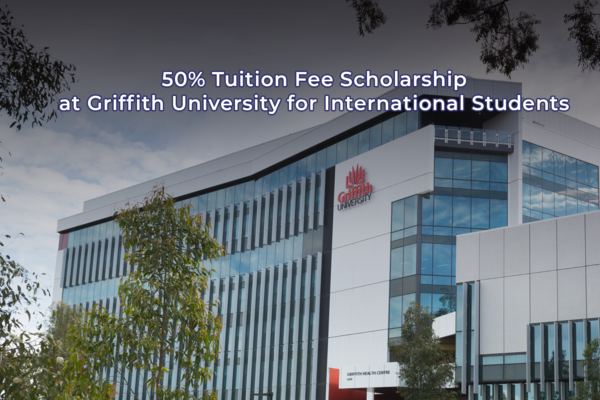Table of Contents
The Migration Advisory Committee (MAC) review into the Graduate Route Visa concludes that the visa has met its objectives and should remain unchanged. This clear recommendation contrasts with earlier expectations of a tighter visa regime reinforcing the importance of the Graduate Route in the UK’s immigration policy. Concerns about students working in low-skilled jobs and the popularity of the route among graduates from lower-ranking institutions have been noted but the overall support for the visa remains strong. For more on the MAC’s recommendation, you can read about how The UK Graduate Visa Persists for Foreign Students.
No Evidence of Abuse and Recruitment Agents Concerns
MAC found no significant evidence of abuse in the Graduate Route Visa highlighting the system’s integrity. It is possible to draw the conclusion that the Graduate Route Visa does not involve any abuse of the system and there are no signs of abuse, at least as far as the Graduate Route Visa is concerned. But however, there have been issues that have come up about recruitment agents telling lies to the students. To achieve this, MAC has made the recommendation that requirements for agents needs to be enforced and transparency from universities need to be enhanced to effectively deal with the integrity of the UK Higher Education system.

Policy Cohesion and Graduate Employment Data
MAC has criticized the lack of policy coordination within the government, especially concerning the impact of rising student numbers on services and housing. Additionally the review challenges statements made by the Home Secretary regarding job placements for graduates holding a Graduate Route visa revealing that a higher percentage actually transition into roles than previously reported. Accurate data and cohesive policy frameworks are crucial, for making informed decisions.
Salary Thresholds and Geographic Mobility
Increases in the Skilled Worker visa salary threshold could deter Graduate Route visa holders from transitioning to long-term work visas. Additionally, many graduates relocate to major cities like London after their studies which poses challenges for regional economies. This mobility pattern complicates efforts to distribute the economic benefits of international students more evenly across the UK.
Awareness and Financial Dependence
A significant barrier to the success of the Graduate Route Visa is the lack of employer awareness. Many students face difficulties in job applications because employers are unfamiliar with the visa. Furthermore, the review highlights the financial dependency of UK universities on international student fees due to underfunding of domestic education. This reliance underscores the importance of maintaining robust immigration policies to support higher education institutions.
As we await the official government response these findings provide a comprehensive overview of the current state and future considerations for the Graduate Route Visa and its role in the UK’s immigration and education policies.
FAQs
- What is the Graduate Route Visa?
The Graduate Route Visa is a visa, in the UK that permits students who have finished a qualifying course at a UK university to remain in the country for two years (or three years for PhD graduates) to work or search for employment at any skill level. - What is the eligibility for the Graduate Route Visa?
The graduate route visa UK eligibility are that the applicants must have completed a UK degree or other eligible qualification at a recognized higher education provider. They must also have a valid Student Visa at the time of their application. - What were the main points of the MAC review on the Graduate Route?
The MAC review of the Graduate Route determined that the visa has delivered its overall aims and it should continue in its current status. It found little indication of system misuse but noted concerns about recruitment agencies and the absence of policy consistency. - Is there to be any changes to the Graduate Route visa due to the review and how?
Referring to the Graduate Route Visa as per the MAC report, there are indeed no recent changes. The committee prefers to retain the current visa framework but also believes that it can be improved in the areas of agent management and government coordination.






